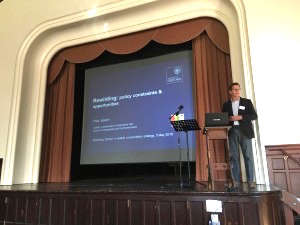FoodBIZ @Bournemouth University Wednesday, 18 May 2016 at 10:00 Executive Business Centre, Bournemouth University
Food@BU – Bournemouth University is a hub for food innovation and research excellence – regionally nationally and internationally. At BU we have an interdisciplinary and intersectoral range of projects and platforms researching the emerging international trends in eating out-of-home. Through stronger collaboration and exchange of expertise between the private sector and academia we cocreate knowledge for the benefit of all stakeholders.
This event brings together industry and academia partners to share findings from research and take ideas forward within the health and wellness agenda. Guest speakers include industry professionals, and an update on the latest research from Bournemouth University.
Destination FeelGood has established Bournemouth University and the National Coastal Tourism Academy as partners, promoting tourism and well-being and sharing expertise with the local public and private sector. Through the project, innovation in healthy lifestyle products and services has been inspired and local tourism business performance enhanced.
We would like to introduce FoodSMART which allows consumers to assess precisely, efficiently and in a timely manner their food intake and provides optimal recommendations to improve their health and well-being. The technical solution is a portable prototype which uses QR codes and smartphones to provide information and deliver personalised advice when eating out.
10:00-16:00 – Programme – Delegates arrive 1000 to 1015 – tea and biscuits
10:15 Welcome and introduction
Professor John Fletcher, Pro Vice-Chancellor for Research and Innovation, Bournemouth University
Professor Heather Hartwell, Bournemouth University
________________________________________________________________________________
Food Innovation; Chair Professor Heather Hartwell; The research and innovation activities at BU exploit complementary competences and enable sharing of knowledge and ideas from research to market (and vice-versa).
10:30 Destination FeelGood – ESRC Research council project and FoodSmart EU project
10:45 FoodSmart prototype – The ICT team from the Faculty of Science and Technology, Bournemouth University
11:30 Idea to production – Damien Lee – Mr Lees Noodles
________________________________________________________________________________
Food at BU 4 You; Chair Professor Dimitrios Buhalis; How can the University benefit not only the user but also the foodservice industry, allowing opportunity for business to become aligned with a lifestyle product and hence corporate health which is novel, innovative and demonstrates excellence in science.
11:45 Team building through food – Executive Chef David Marshall, Bournemouth University
12:00 What can the University do for you? Panel Discussion
13:00 Lunch – networking
________________________________________________________________________________
Food science at work; Chair Crispin Farbrother; Bournemouth University research in food is International, broad and multidisciplinary.
14:00 Culinary Food research, Dr Agnes Giboreau, Institute Paul Bocuse, France
14:15 Culinary coaching, Mr Manfred Ronge, Ronge and Partner, Austria
14:30 Food Sustainability; Professor Juliet Memery and Dr Dawn Birch, Bournemouth University
14:45 Food Safety; Philippa Hudson, Bournemouth University
15:00 Food Psychology; Professor Katherine Appleton, Bournemouth University
15:15 Food and Care homes; Assoc Prof Jane Murphy, Bournemouth University
15:30 Waitrose Retail Fellowship and Which?; Dr Jeff Bray, Bournemouth University
15:45 Questions and round up
16:00 Event closes
Spaces to this event are free, but limited in number so please register early
For further information please contact Carmen Palhau Martins – cmartins@bournemouth.ac.uk
With the collaboration of the National Coastal Tourism Academy
The National Coastal Tourism Academy works to help coastal destinations thrive, to deliver economic growth and help create jobs.
Parking: The nearest pay and display parking is located on Cotlands Road.
How to get to BU: Directions, parking & maps
_______________________________
Please note that before placing an order, you will be asked to agree to Bournemouth University’s terms and conditions (see below). Please read these terms carefully and make sure you understand them before ordering any Products.
Bournemouth University’s Online Event Terms and Conditions
Do you have questions about FoodBIZ? Contact Bournemouth University
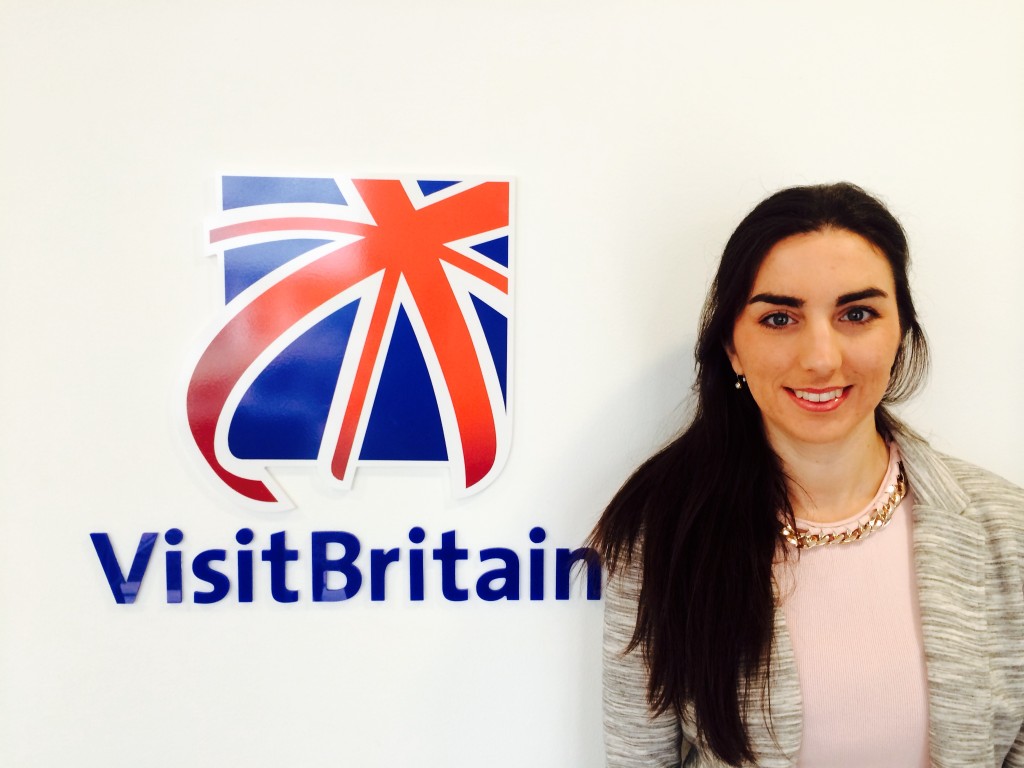
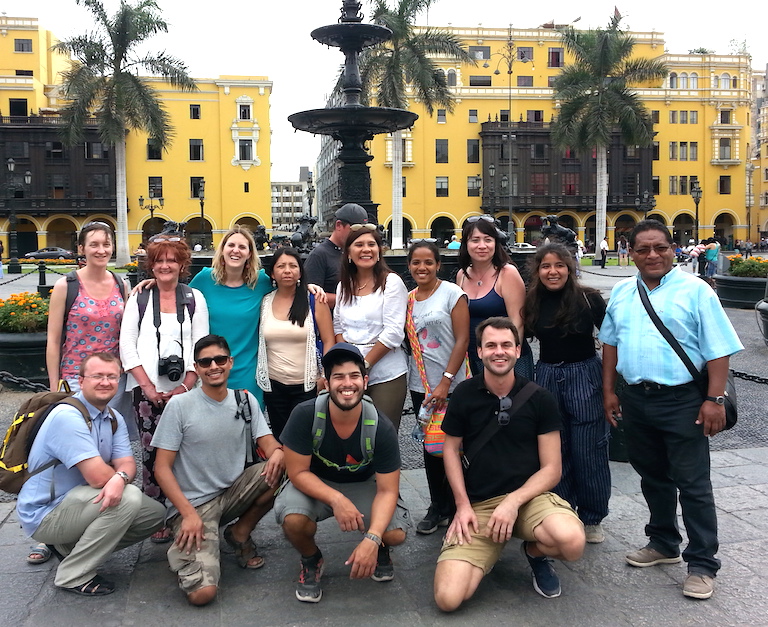
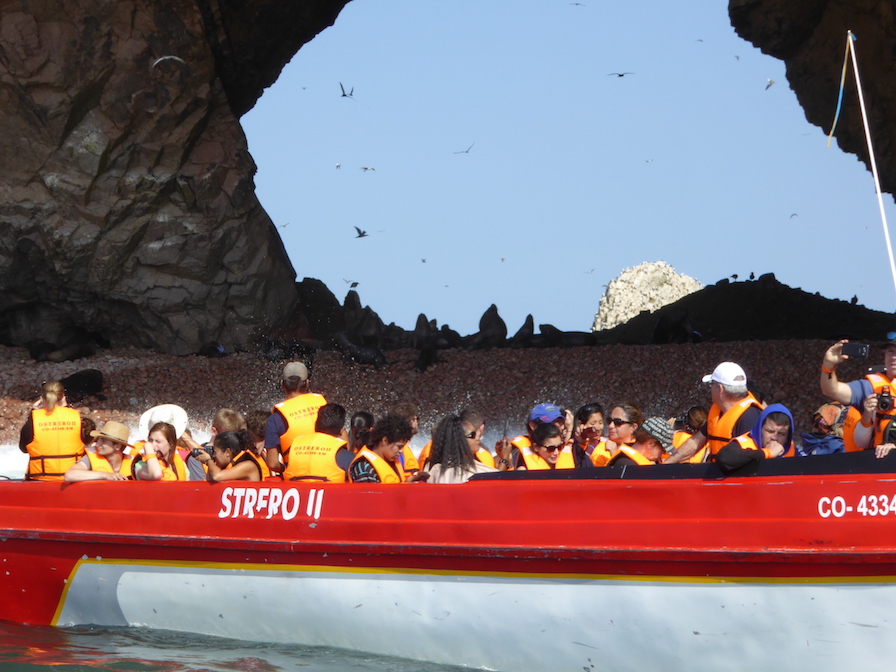

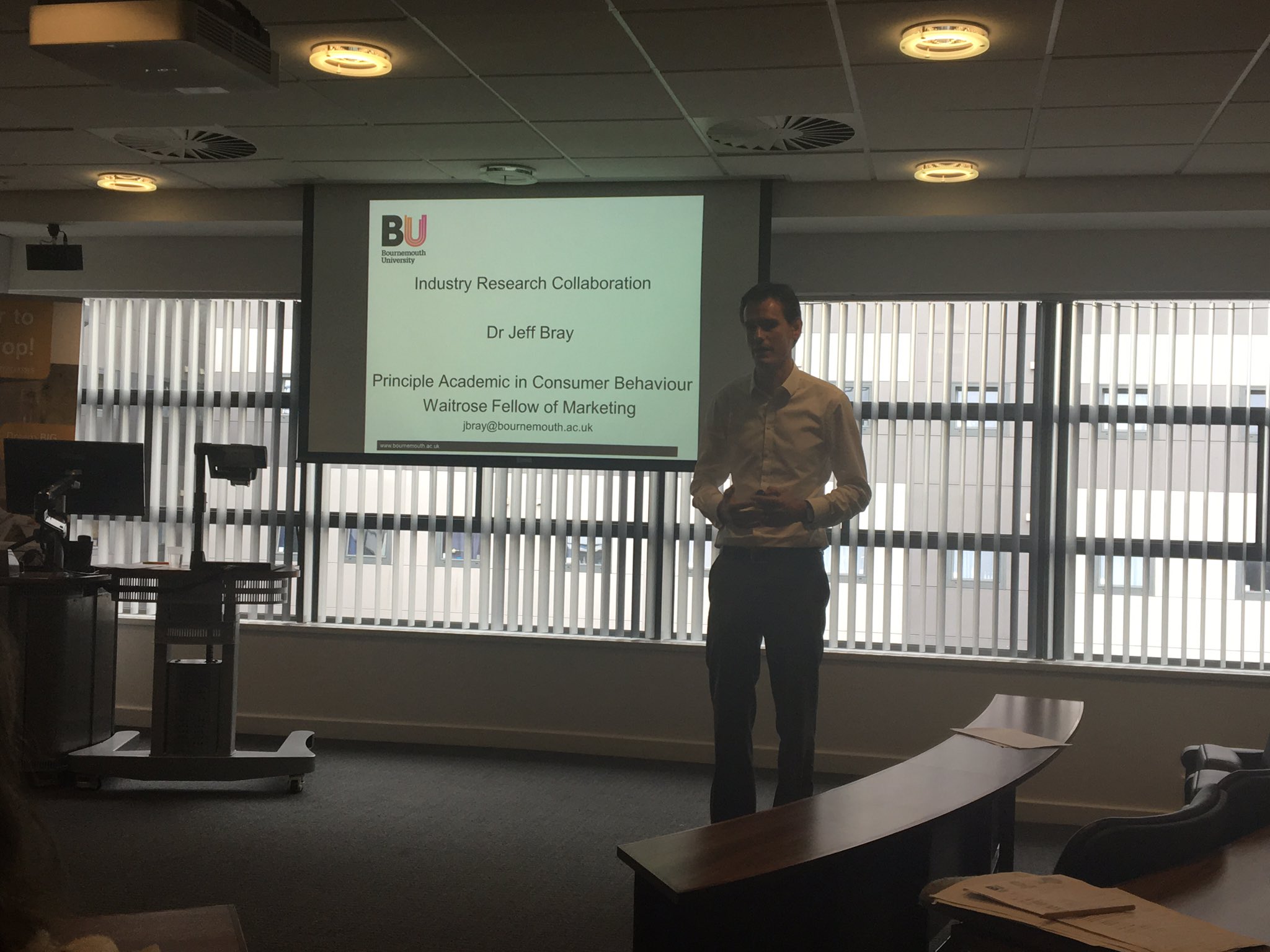

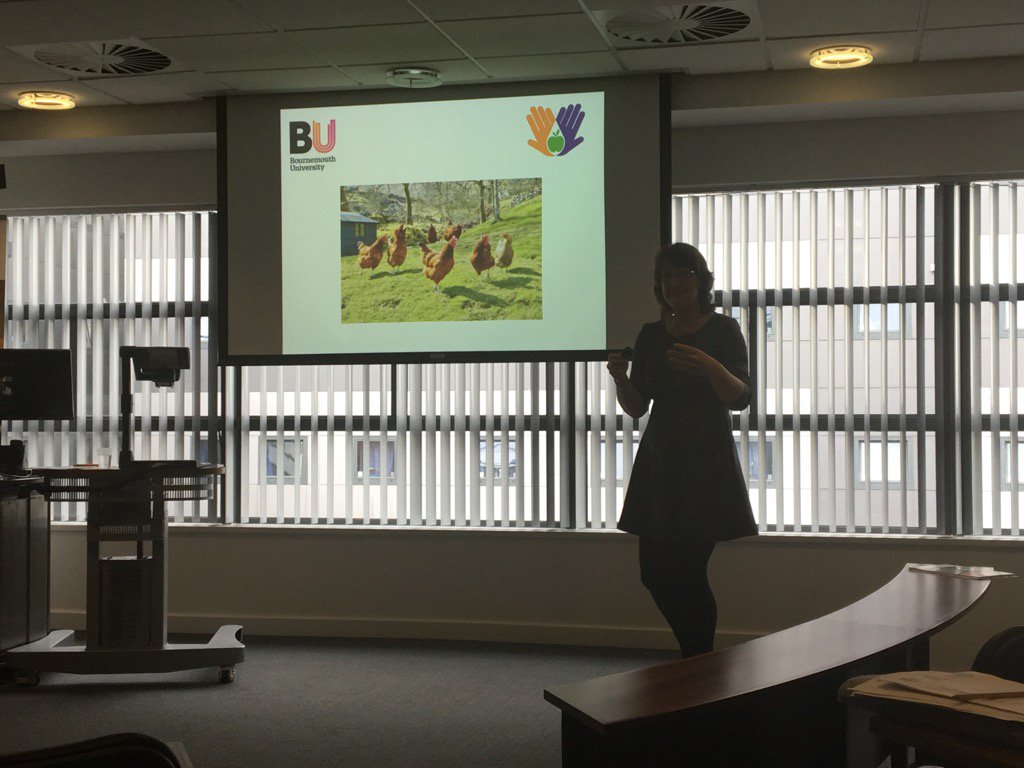
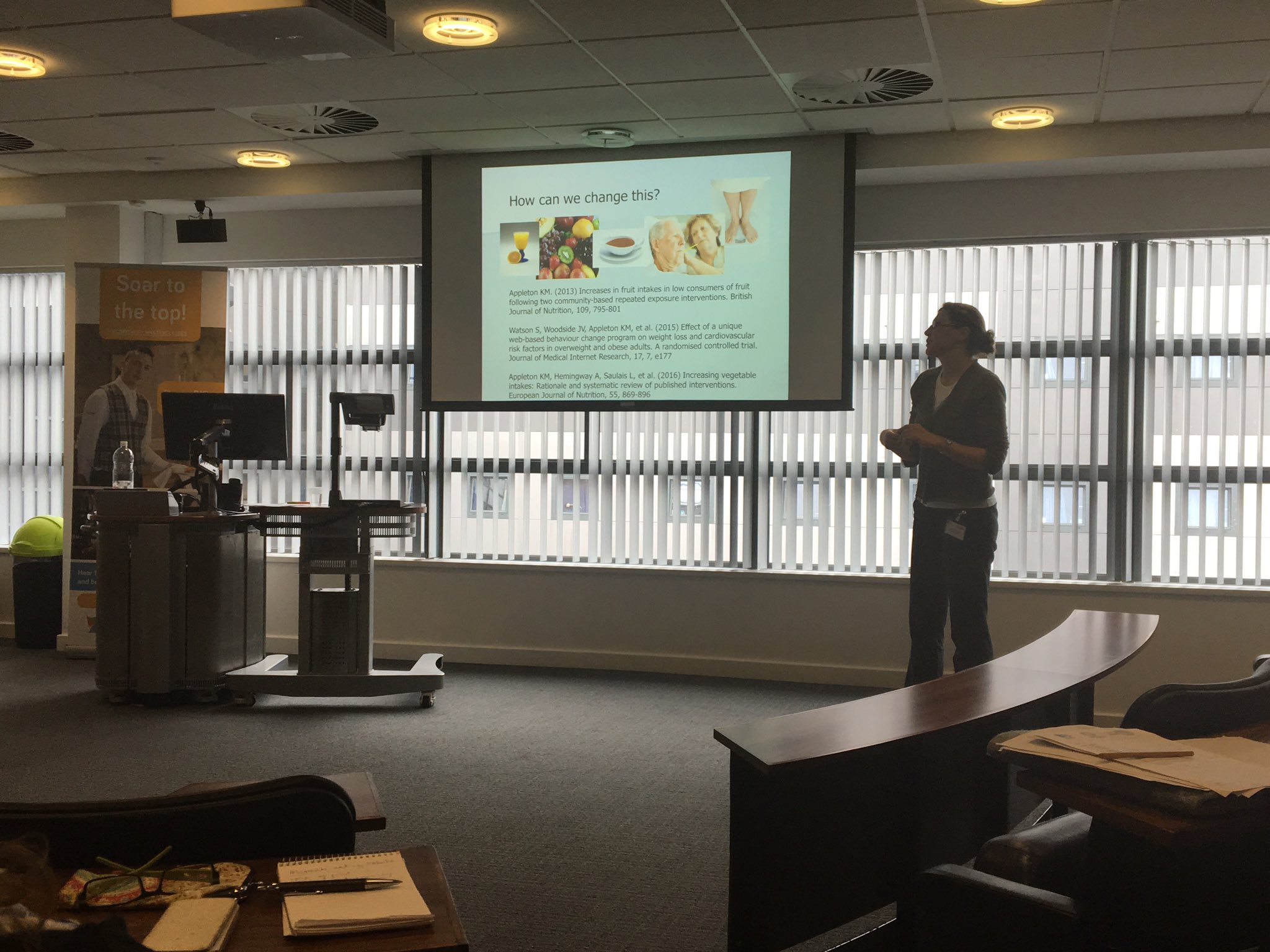
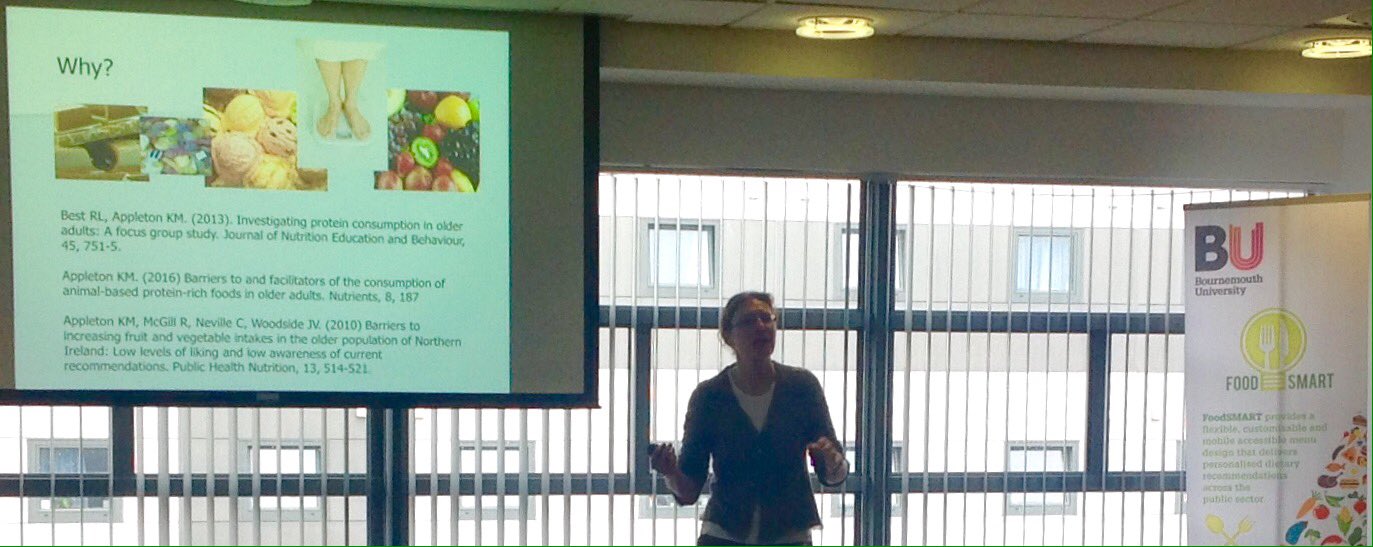



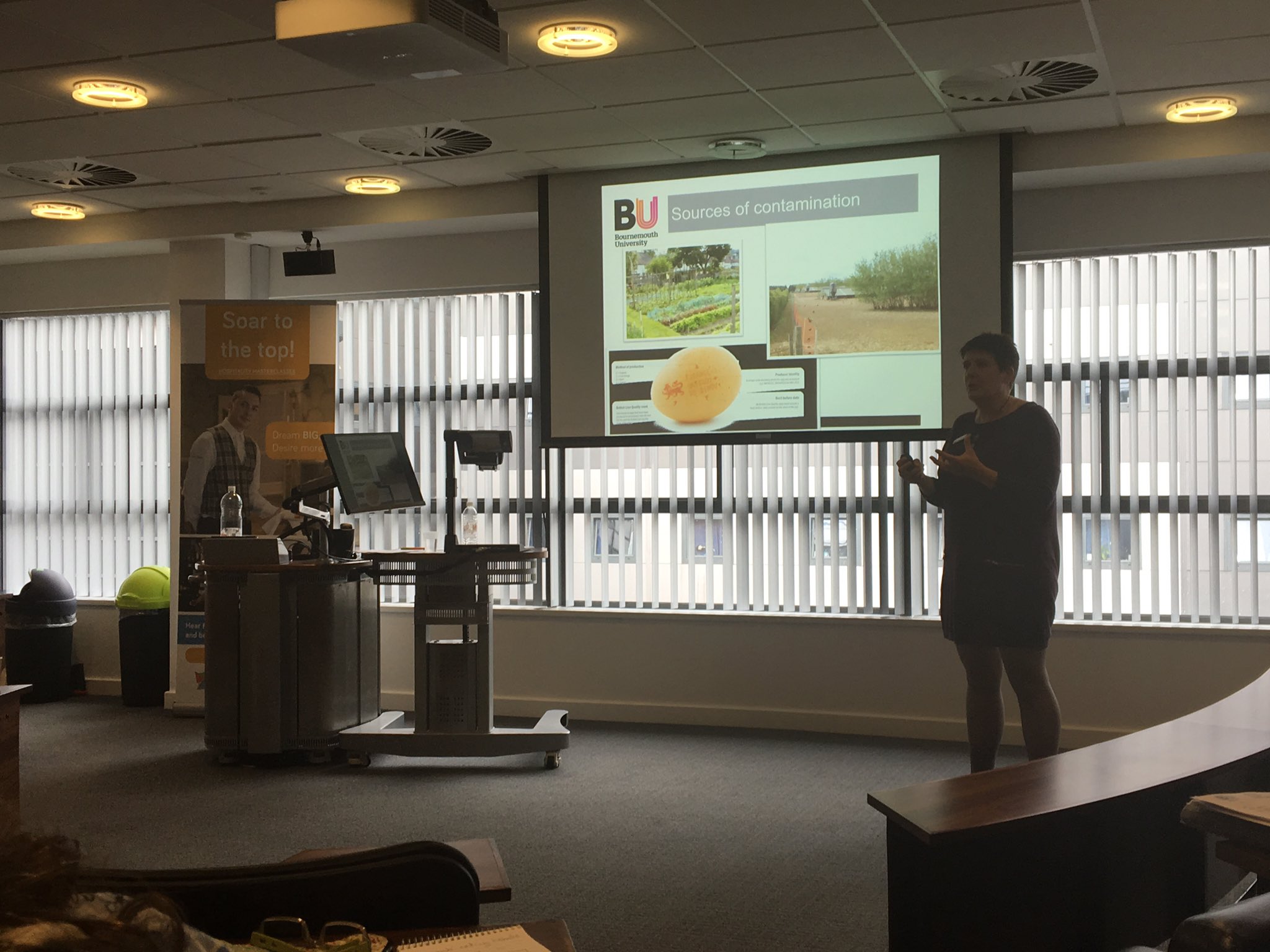
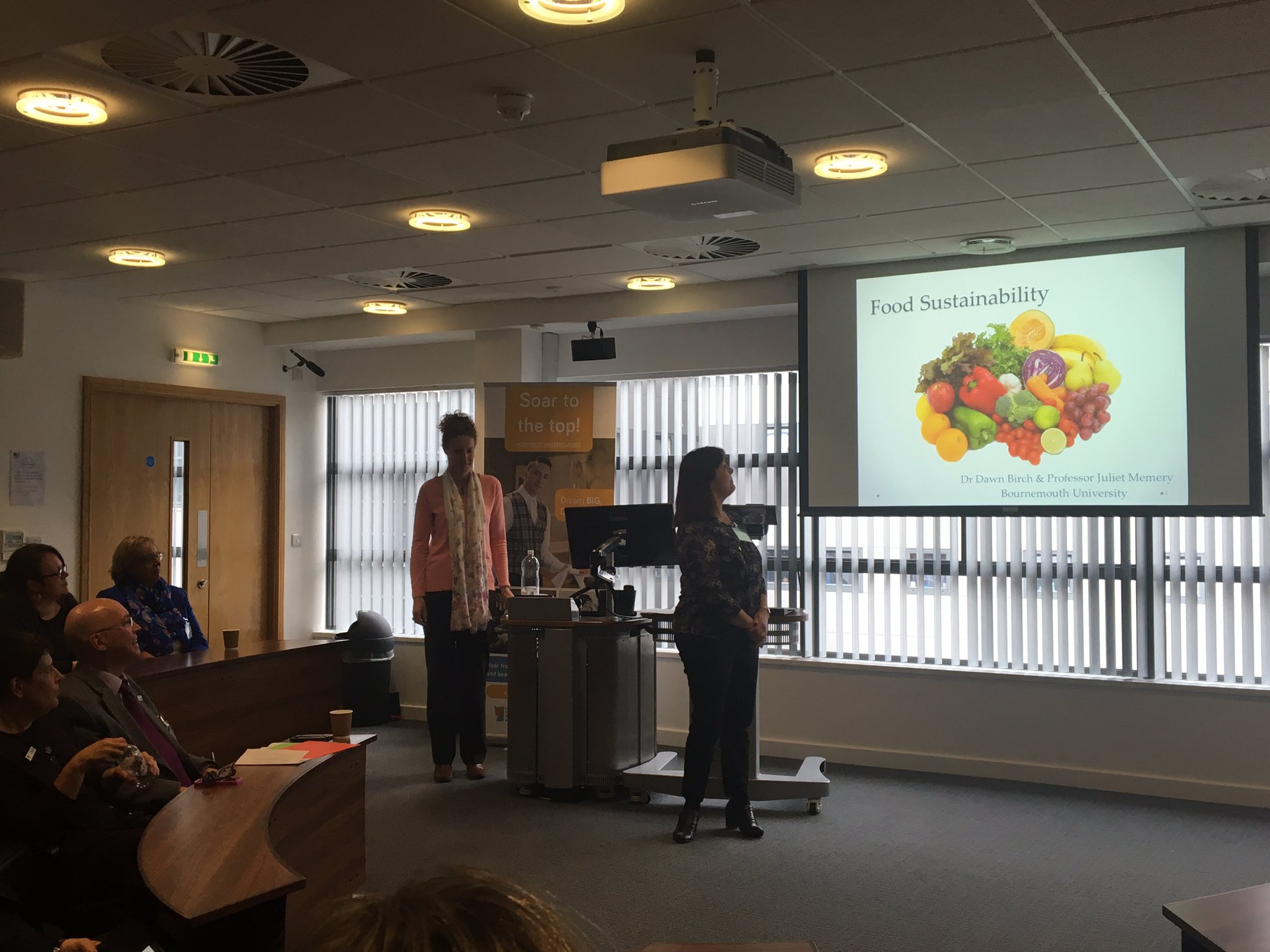
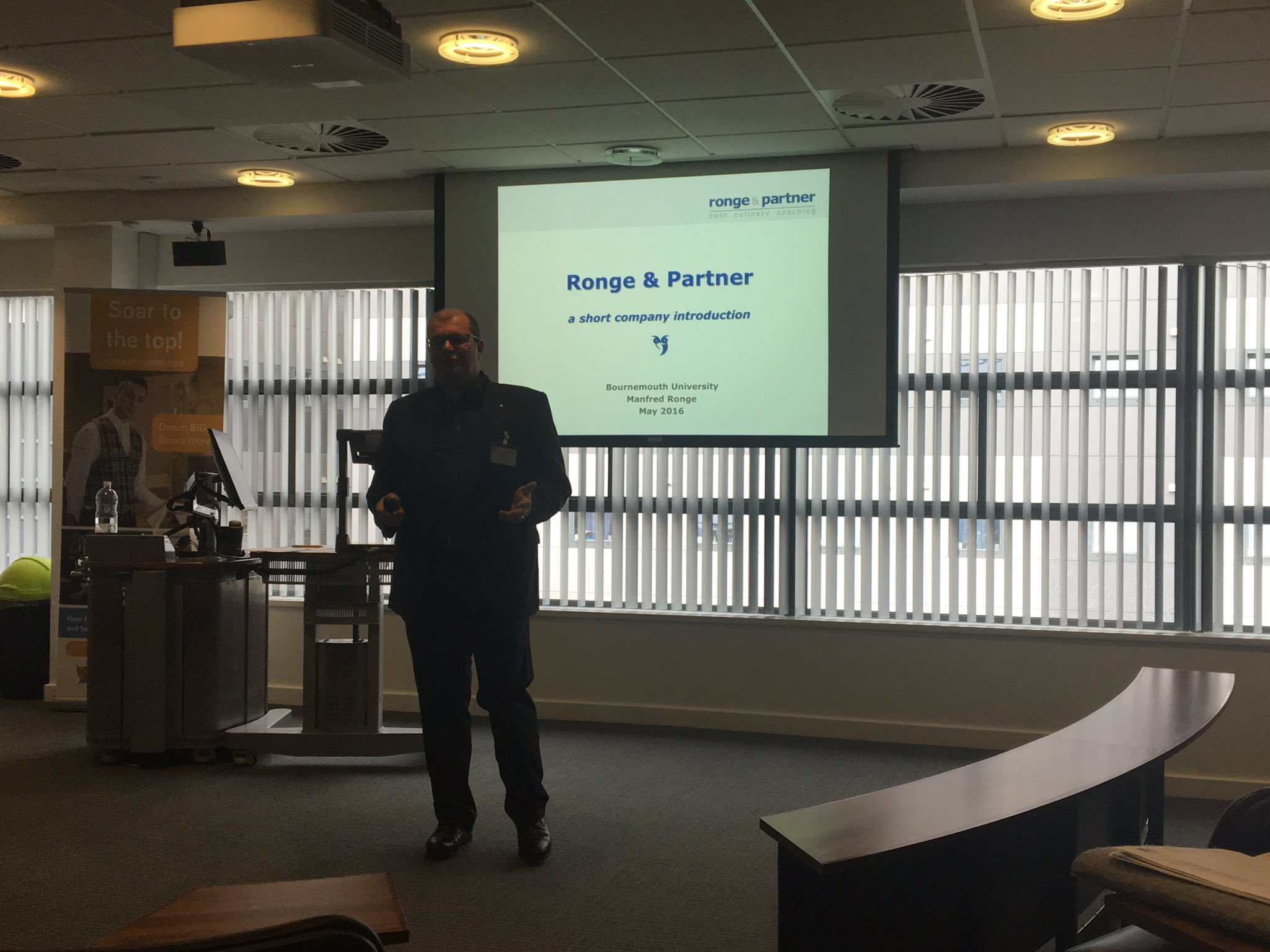
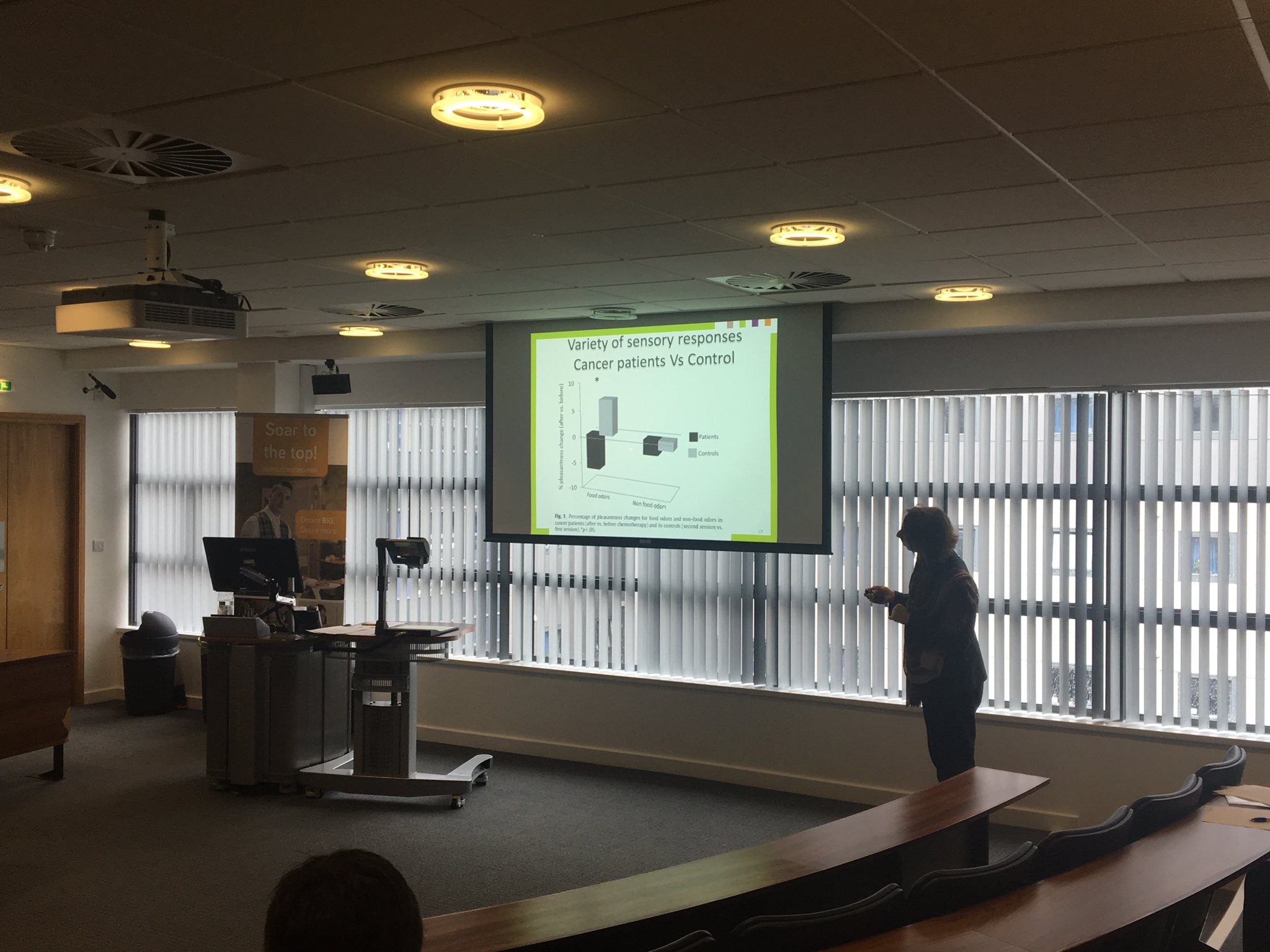

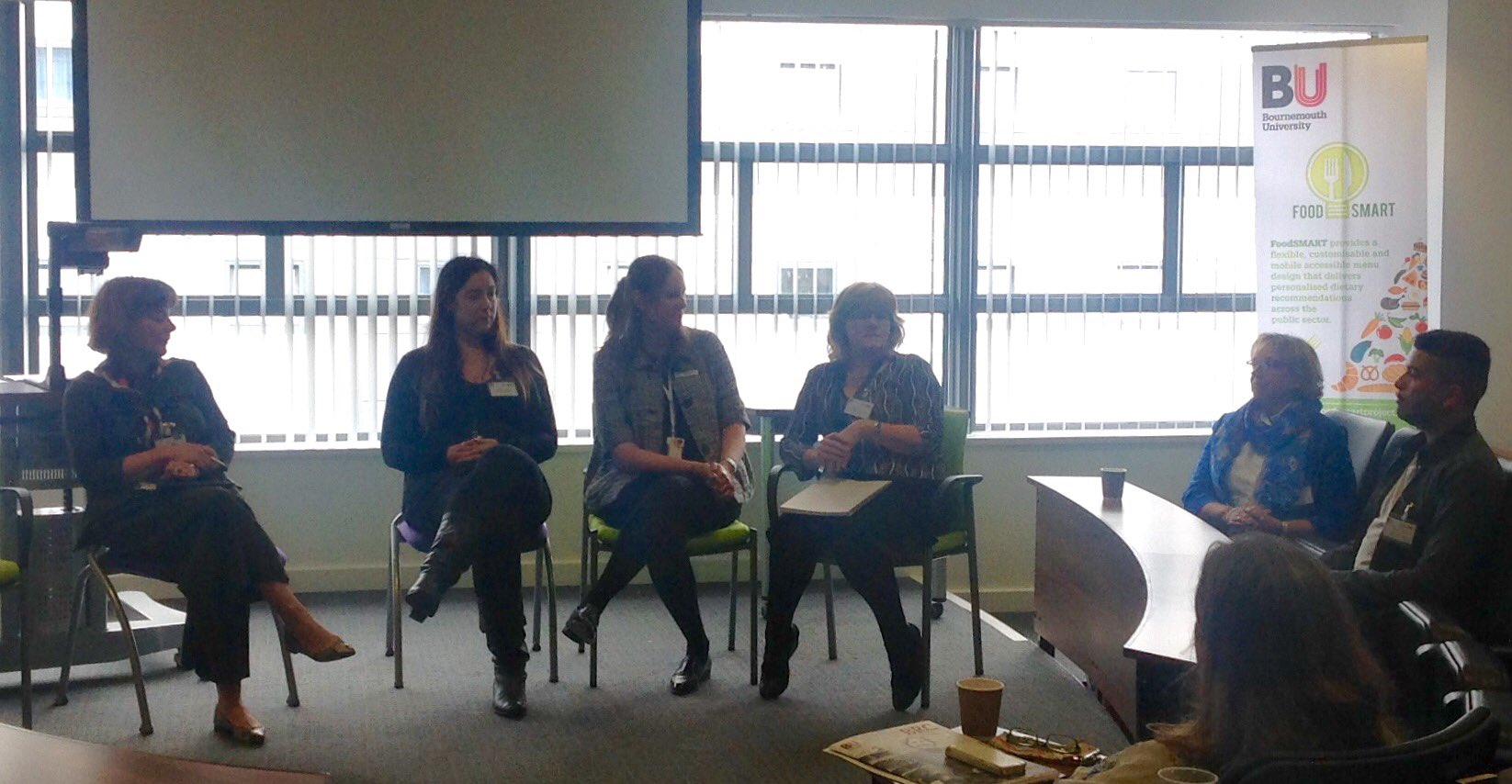
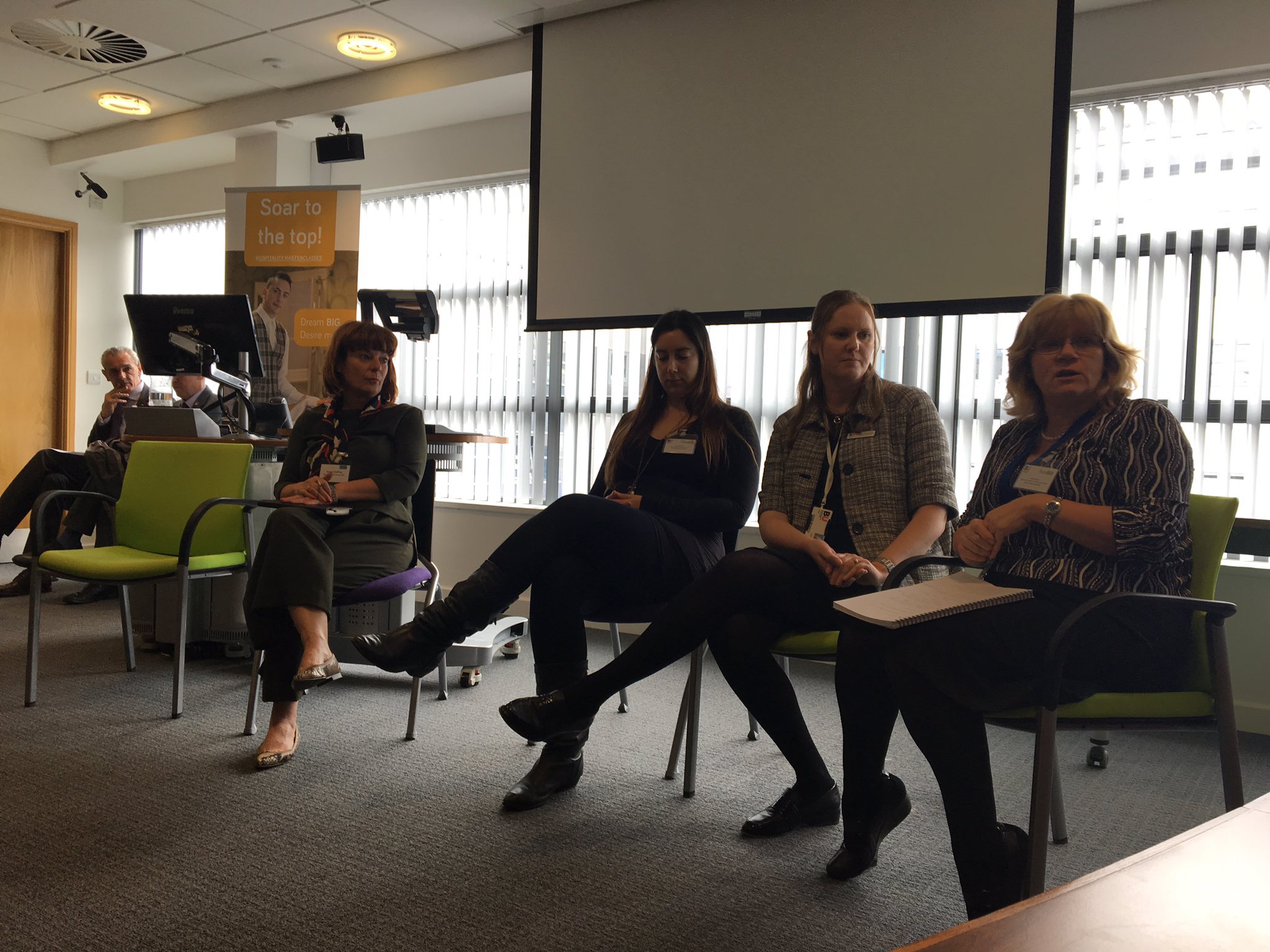
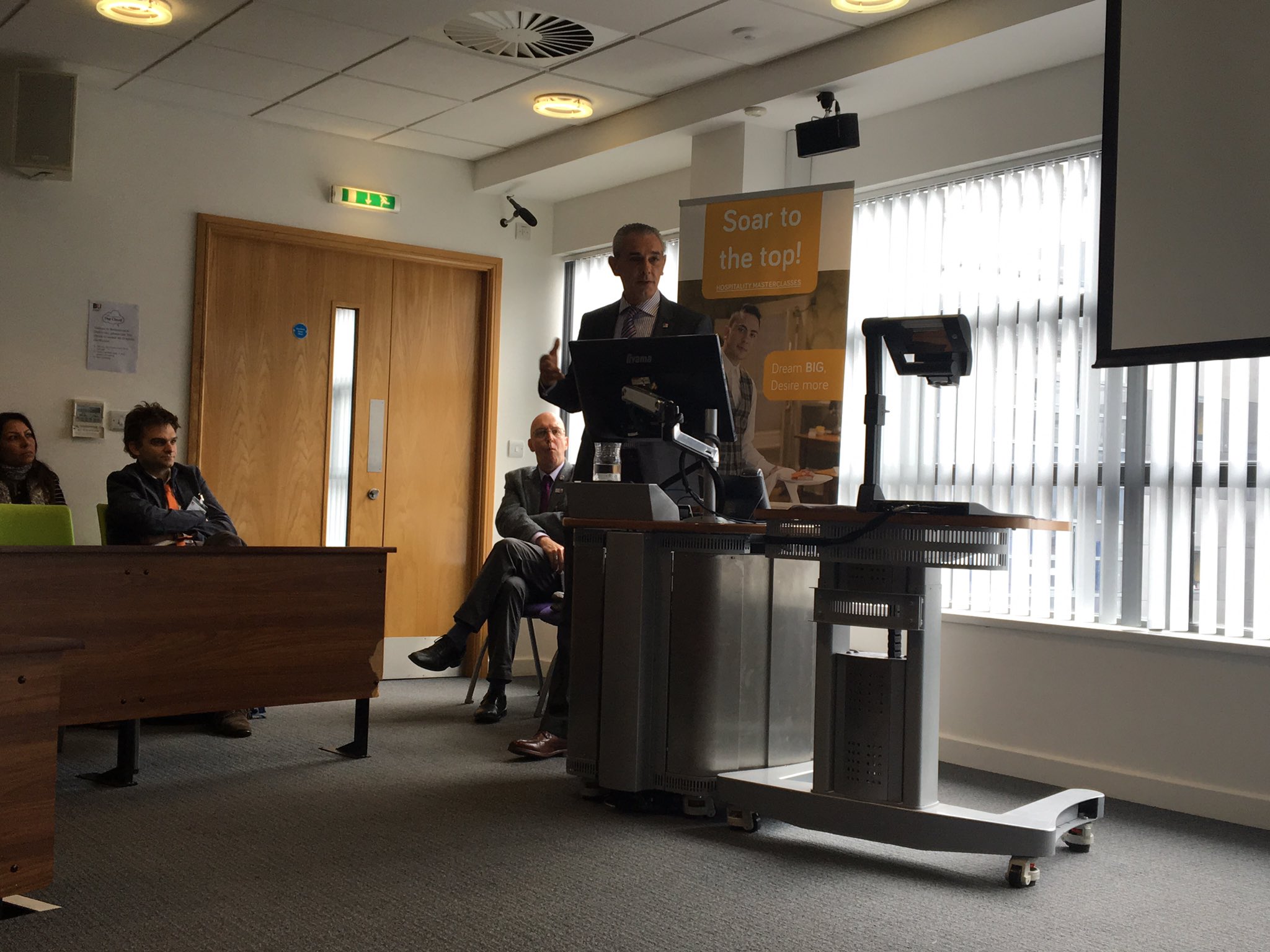

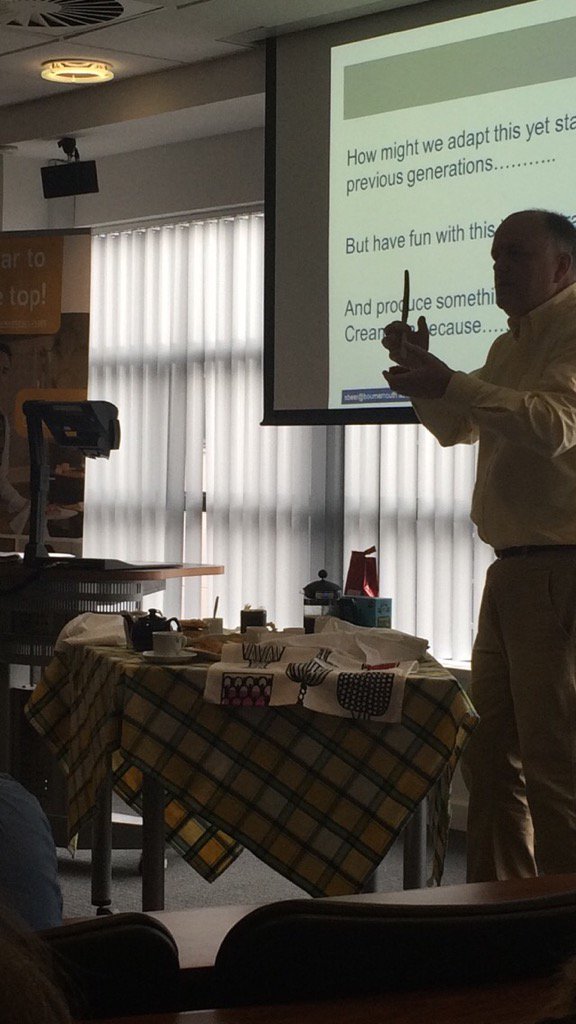

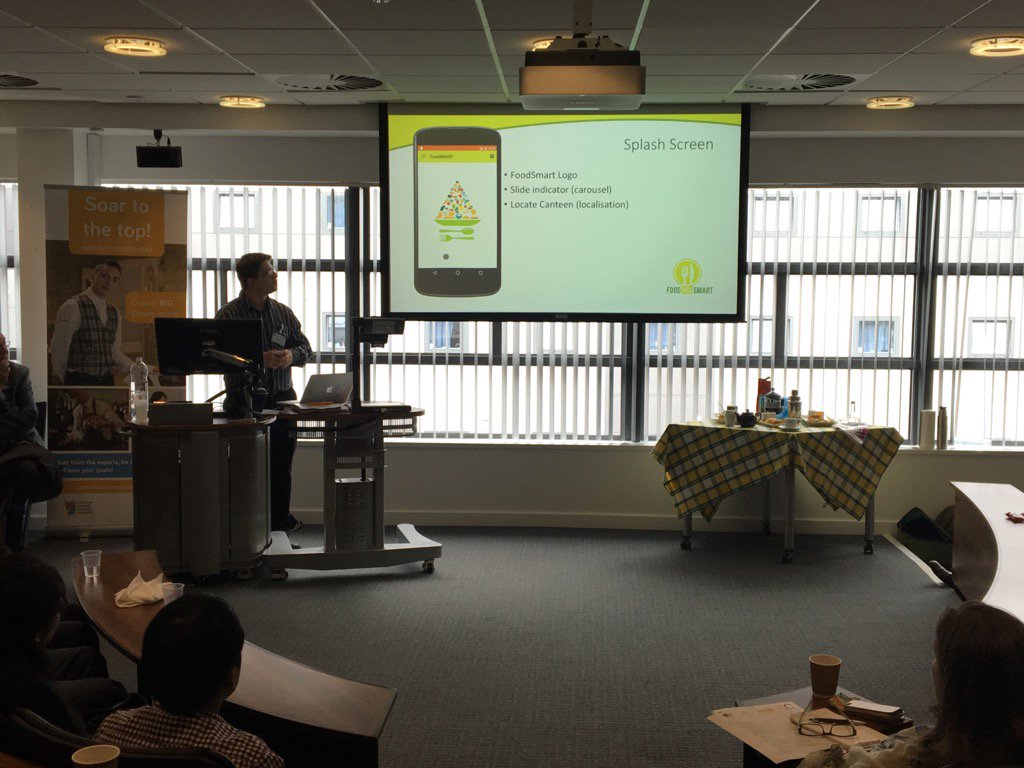
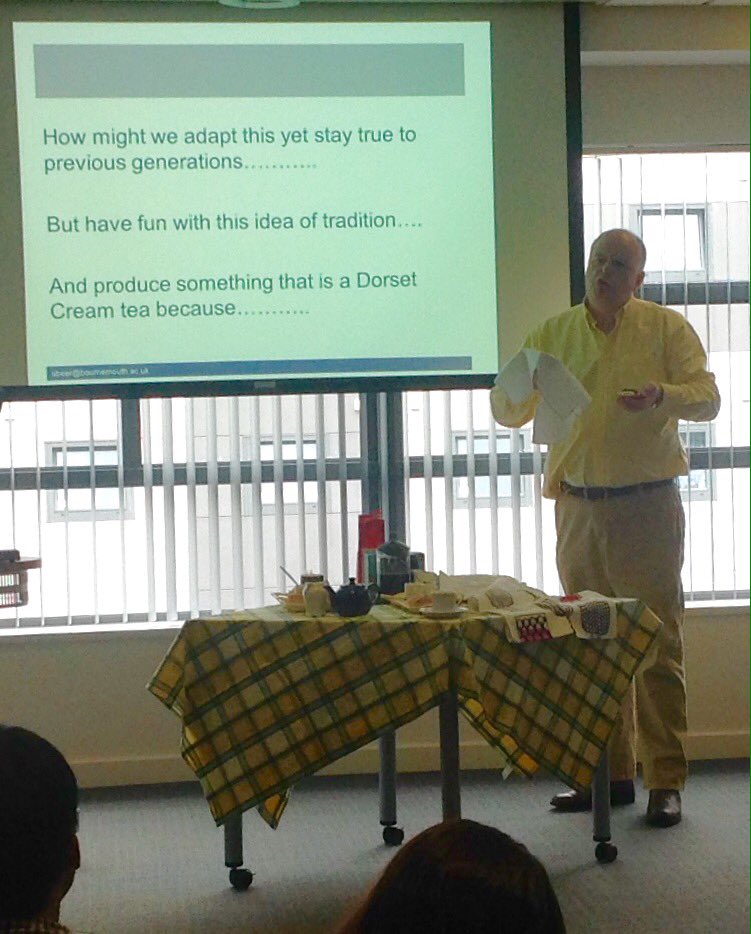
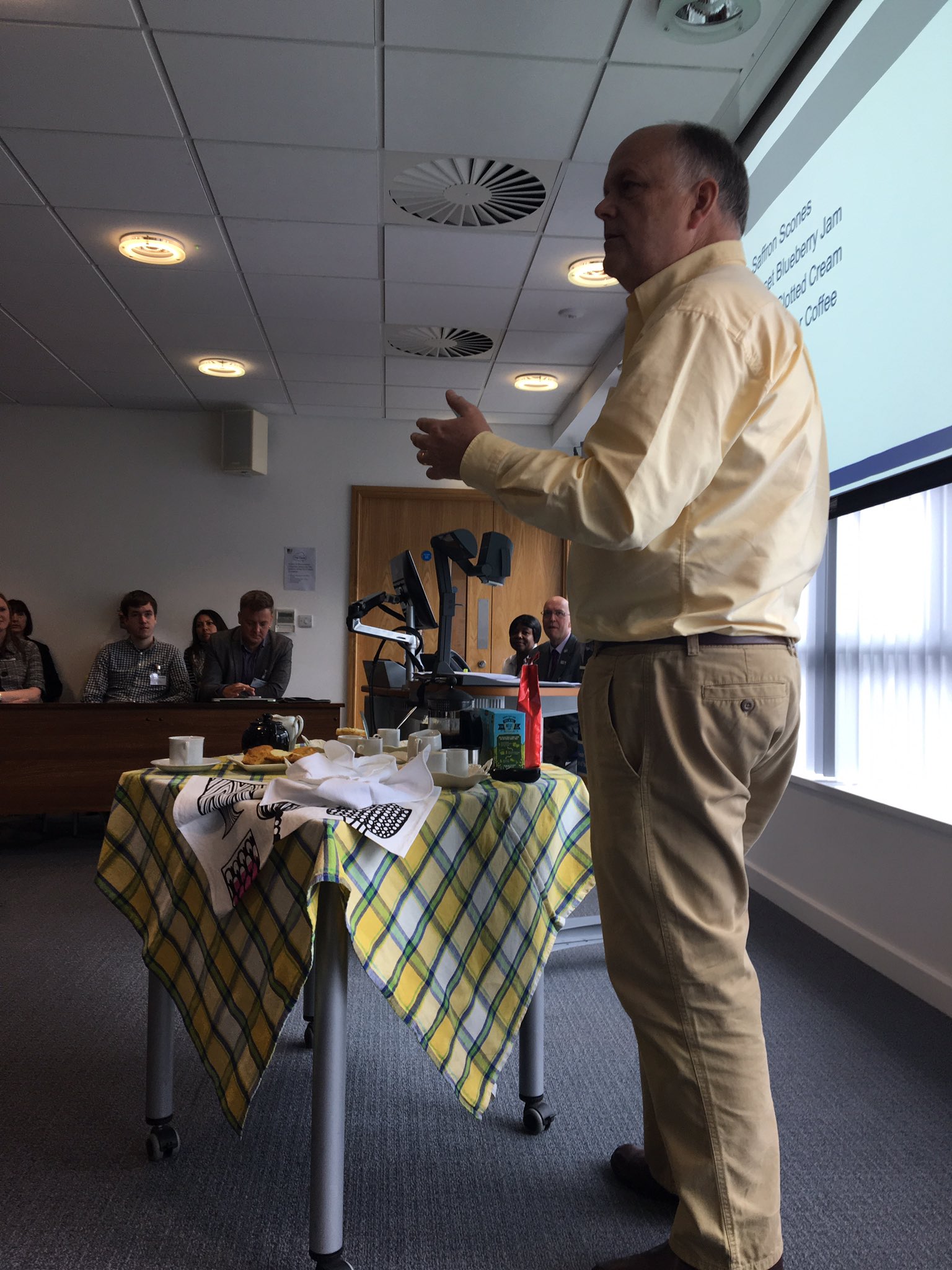
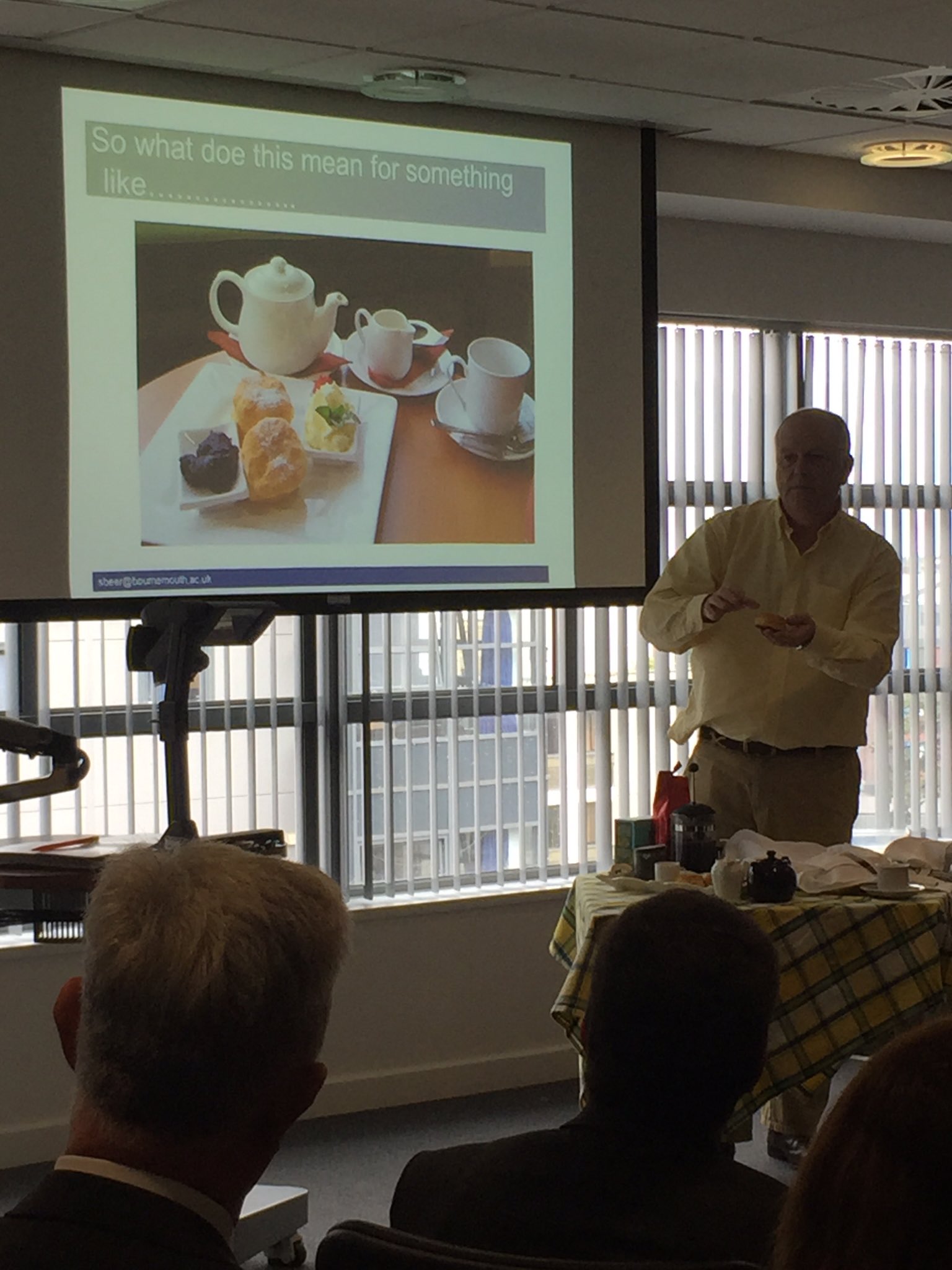



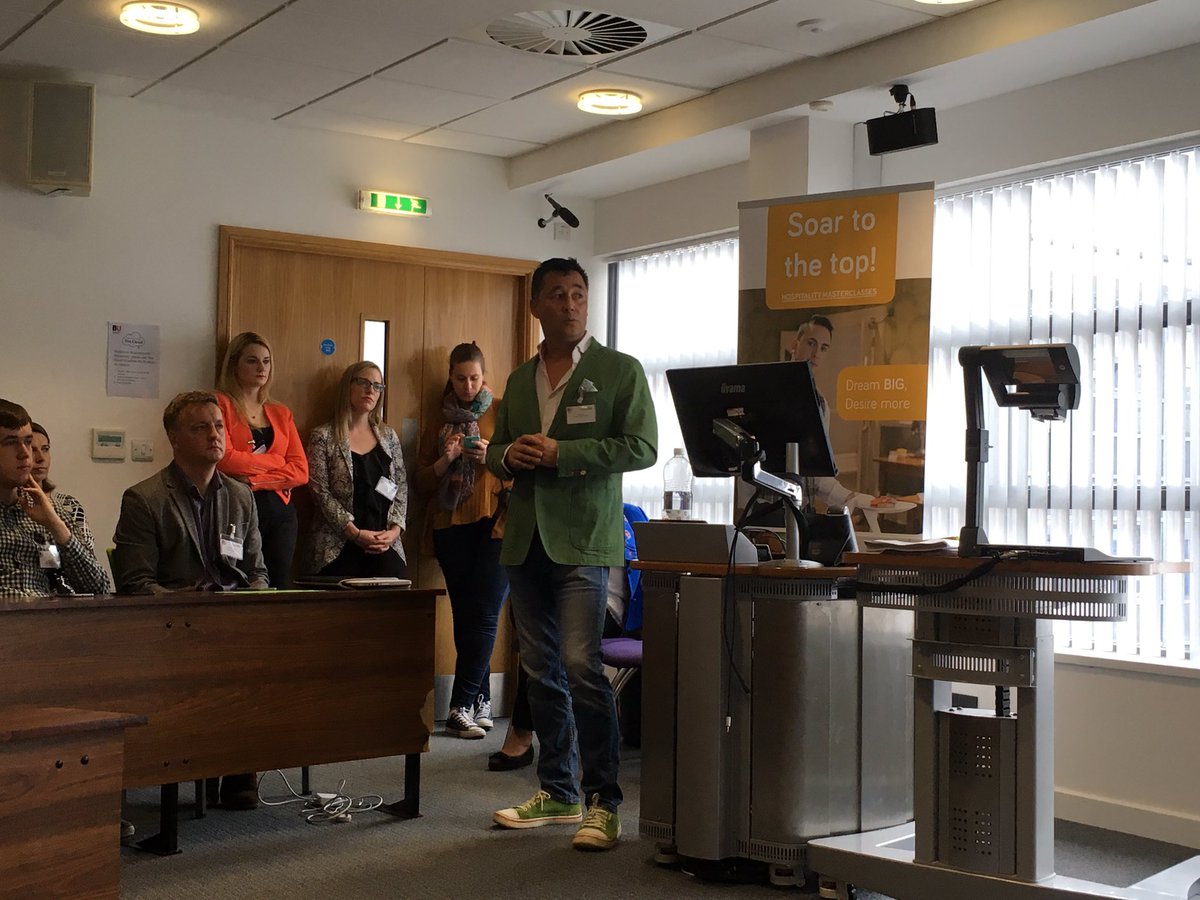
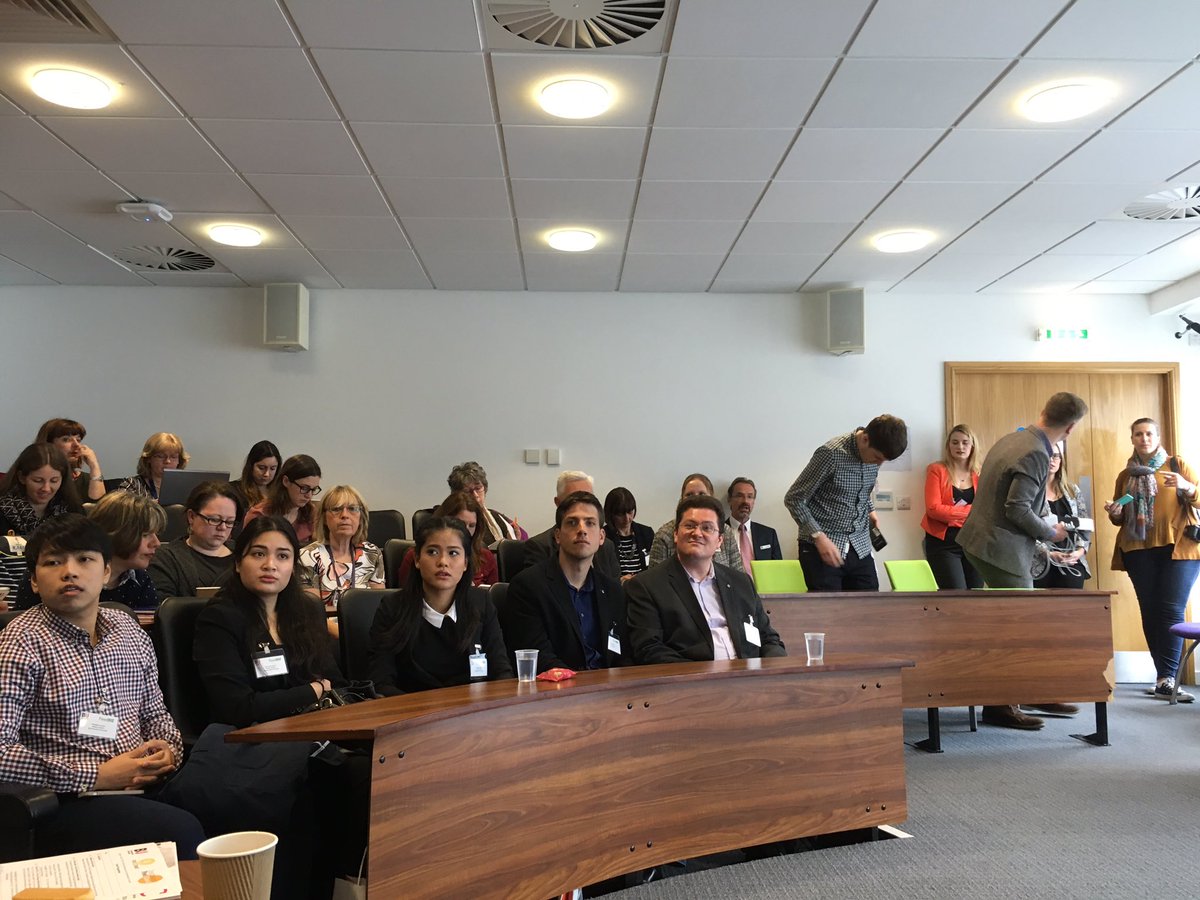
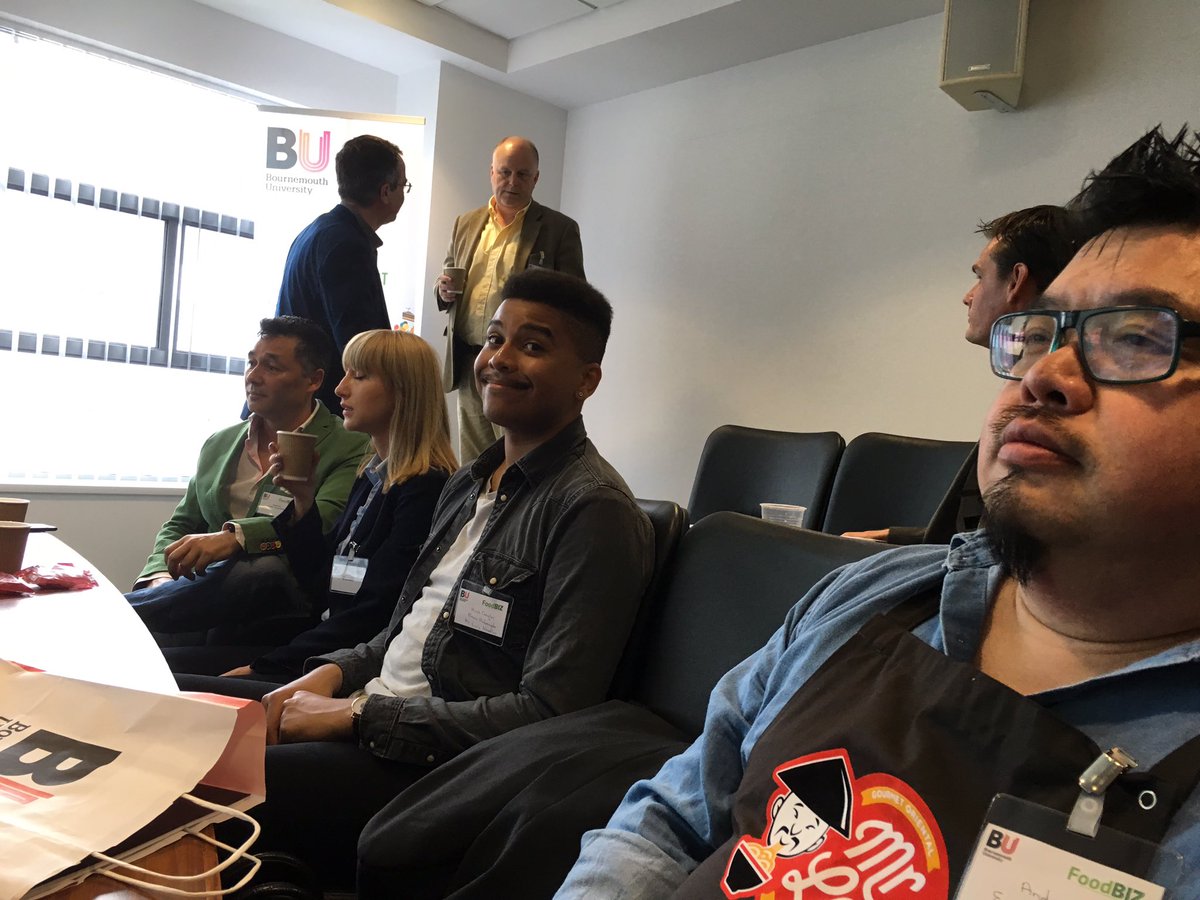


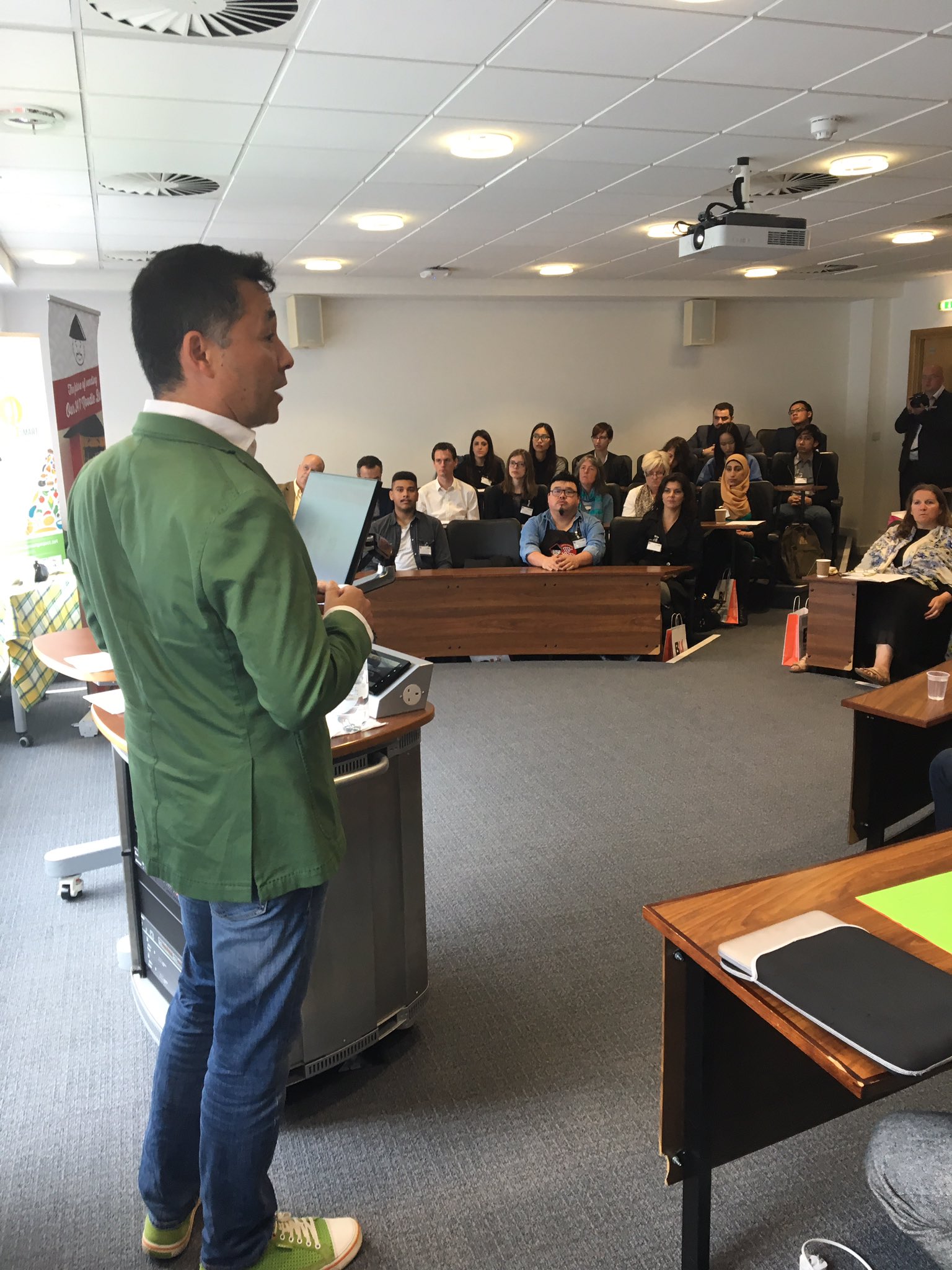




 I won’t lie, placement search was probably one of the most stressful times of my degree so far. Fortunately, I didn’t give up that easy and didn’t let the fact that other students had already secured their placements de-motivate or panic me.Having said that, I didn’t end up securing a placement until the May exam period, which seems very late! They phoned me and asked me to start in 2 weeks. This was great, however the problem was that I had an exam on the day they asked me to start and I didn’t have an apartment sorted. Oh and because it was in Barcelona, my flight wasn’t booked either.
I won’t lie, placement search was probably one of the most stressful times of my degree so far. Fortunately, I didn’t give up that easy and didn’t let the fact that other students had already secured their placements de-motivate or panic me.Having said that, I didn’t end up securing a placement until the May exam period, which seems very late! They phoned me and asked me to start in 2 weeks. This was great, however the problem was that I had an exam on the day they asked me to start and I didn’t have an apartment sorted. Oh and because it was in Barcelona, my flight wasn’t booked either. After multiple phone calls and changes in the position offered, I was officially going to begin my Placement at Ritz-Carlton (Hotel Arts Barcelona) in the Sales & Marketing department and although it was very difficult to get to this point, it ended up being one of the best years of my entire life, which taught me a whole world of new things! Many people feel daunted by the idea of moving away to a country where you don’t speak the language or know anybody, but if I survived it, then so can anybody, so here are the five things I learnt while I was on placement:
After multiple phone calls and changes in the position offered, I was officially going to begin my Placement at Ritz-Carlton (Hotel Arts Barcelona) in the Sales & Marketing department and although it was very difficult to get to this point, it ended up being one of the best years of my entire life, which taught me a whole world of new things! Many people feel daunted by the idea of moving away to a country where you don’t speak the language or know anybody, but if I survived it, then so can anybody, so here are the five things I learnt while I was on placement:
 Don’t be afraid to take initiative – Placement students are valuable as we have a world of up-to-date knowledge and we can bring a lot to the table. Don’t be afraid to speak up and share your ideas – prove to your employer why they hired you!
Don’t be afraid to take initiative – Placement students are valuable as we have a world of up-to-date knowledge and we can bring a lot to the table. Don’t be afraid to speak up and share your ideas – prove to your employer why they hired you! Get involved – If your placement company gives you the opportunity of cross training, or volunteering in another department – DO IT! Even if it is outside of your working hours – DO IT! Even if it is something you aren’t interested in – DO IT! I never wanted to work in sales before my placement, but now it is what I want to do after I graduate. It gives you a chance to prove to your employer that you are indeed hard-working and want to learn no matter how much you may want to watch Game of Thrones snuggled up in bed after a long day at work.
Get involved – If your placement company gives you the opportunity of cross training, or volunteering in another department – DO IT! Even if it is outside of your working hours – DO IT! Even if it is something you aren’t interested in – DO IT! I never wanted to work in sales before my placement, but now it is what I want to do after I graduate. It gives you a chance to prove to your employer that you are indeed hard-working and want to learn no matter how much you may want to watch Game of Thrones snuggled up in bed after a long day at work. By Preslava Ivanova, BA (Hons) Tourism Management
By Preslava Ivanova, BA (Hons) Tourism Management